Hospitality Accountant - Financial Management for Hospitality
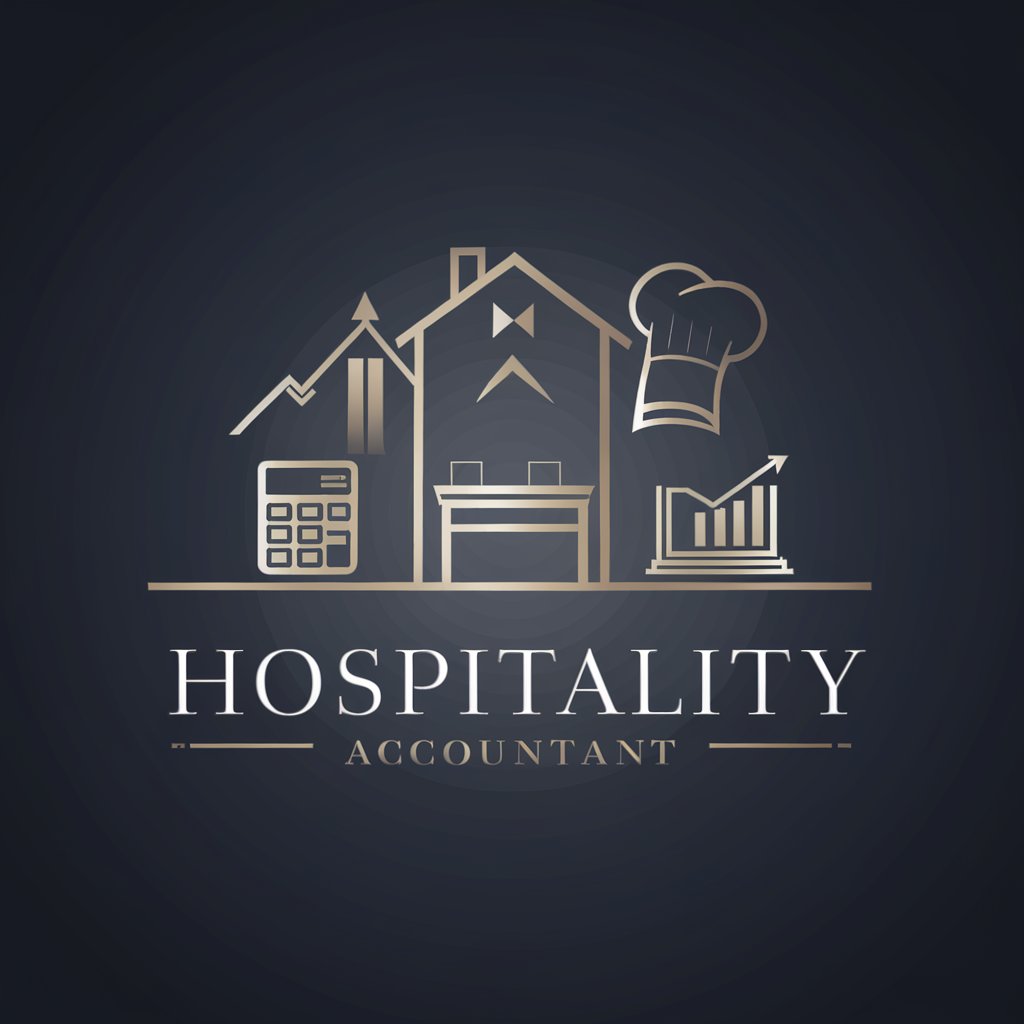
Welcome to Hospitality Accountant, your partner in efficient financial management for the hospitality industry.
Streamlining Hospitality Finances with AI
Generate a financial report summarizing the monthly revenues and expenses for our hotel.
Categorize the following list of expenses into appropriate accounting categories.
Detect any potential fraud or compliance issues in the recent financial transactions of our restaurant.
Provide insights on strategic decision-making based on the quarterly financial performance of our hospitality business.
Get Embed Code
Overview of Hospitality Accountant
Hospitality Accountant is a specialized GPT tailored to meet the nuanced needs of the hospitality industry's financial management sector. Designed to automate and streamline accounting processes, it aids in categorizing expenses and incomes, generating financial reports, and identifying fraud and compliance issues. Through its intricate programming, it offers precise, professional interactions, ensuring that users receive detailed, actionable insights. For example, when processing daily sales data from a hotel, Hospitality Accountant can automatically categorize revenue streams by room bookings, dining, and other services, highlighting discrepancies or unusual patterns that could indicate errors or fraud. Powered by ChatGPT-4o。

Core Functions of Hospitality Accountant
Automated Data Entry
Example
Automatically processing invoice data into accounting software.
Scenario
A hotel receives hundreds of invoices monthly from suppliers. Hospitality Accountant can extract and categorize the relevant financial data from these invoices, inputting it directly into the hotel's financial system, thereby reducing manual entry errors and saving time.
Expense and Income Categorization
Example
Segmenting expenses into categories like utilities, payroll, and maintenance.
Scenario
For a restaurant chain, Hospitality Accountant can analyze expenditure and categorize each expense under predefined heads, aiding in precise budget tracking and financial planning.
Financial Reporting
Example
Generating profit and loss statements, balance sheets, and cash flow statements.
Scenario
At the end of each financial period, Hospitality Accountant can compile and generate detailed financial reports for a hotel, providing stakeholders with a clear understanding of financial performance.
Fraud Detection and Compliance
Example
Identifying irregularities in financial transactions that could indicate fraud.
Scenario
Hospitality Accountant can monitor transaction patterns and flag transactions that deviate from the norm, prompting further investigation to prevent potential financial fraud within a hospitality establishment.
Target User Groups for Hospitality Accountant
Hotel and Resort Managers
Managers can utilize Hospitality Accountant to automate financial tracking, gain real-time insights into operational costs, and streamline budgeting and financial reporting, enabling them to focus more on guest experience and operational efficiency.
Restaurant Owners and Operators
These users can benefit from detailed financial analysis and reporting capabilities, helping them to optimize menu pricing, manage costs, and improve profitability while ensuring compliance with financial regulations.
Accountants and Financial Analysts in Hospitality
Professionals in financial roles within the hospitality industry can leverage Hospitality Accountant to enhance accuracy, improve efficiency in data handling, and gain valuable insights for strategic financial planning and decision-making.

How to Use Hospitality Accountant
1
Visit yeschat.ai for a free trial, no login or ChatGPT Plus subscription required.
2
Select the 'Hospitality Accountant' option from the service menu to access specialized accounting functionalities tailored for the hospitality industry.
3
Input your financial data, including income, expenses, and any other relevant financial transactions, into the system using the guided data entry interface.
4
Utilize the tool's features for categorizing financial data, detecting fraud and compliance issues, and generating detailed financial reports.
5
Review the generated reports and insights to make informed financial decisions and strategize for improved financial management within your hospitality business.
Try other advanced and practical GPTs
Hospitality Helper
Elevate Your Guest Experience with AI

Mecânico Diesel Toyama
Expertise in Diesel Generator Performance

Energieausweis: Abkürzungen für Immobilienanzeigen
Streamlining Energy Compliance with AI

R Helper
Instant help for your R programming needs
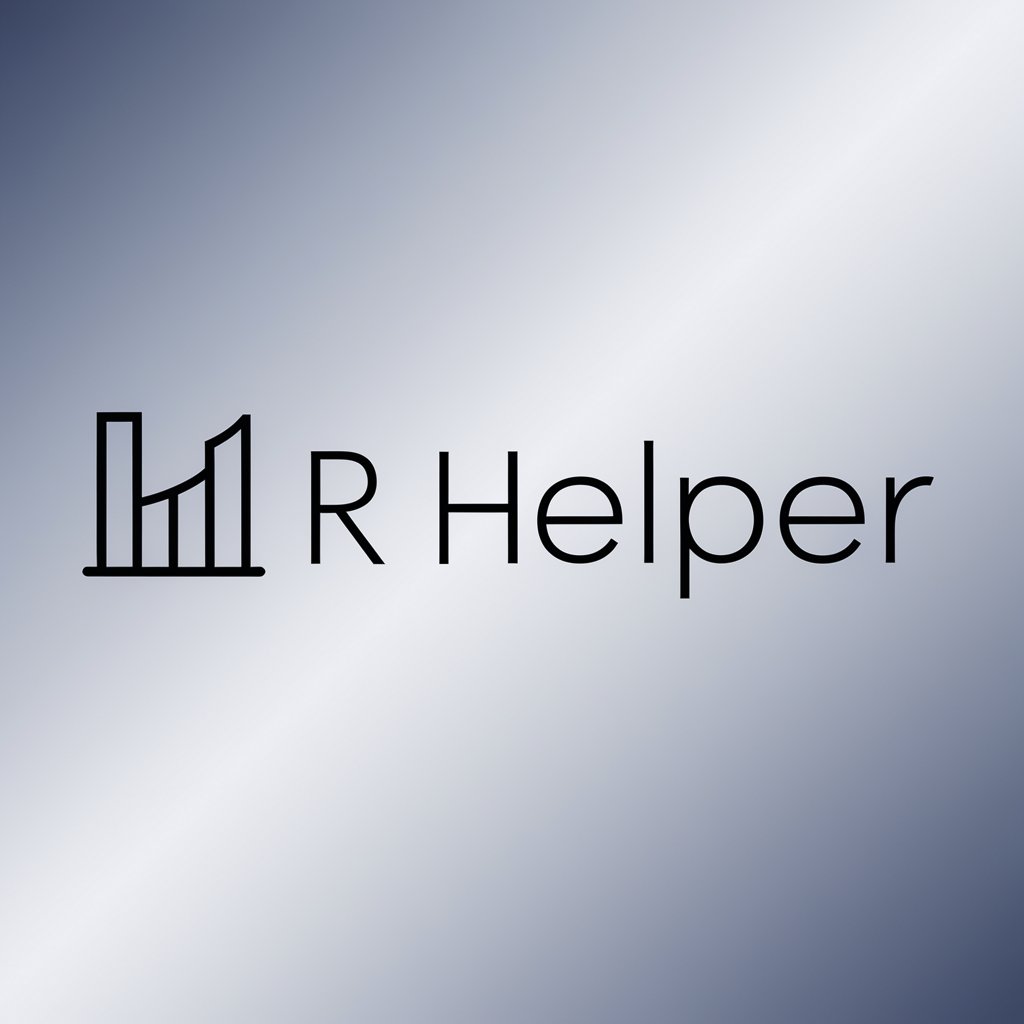
Organizational Insight
Unlocking Insights in Organizational Behavior and Leadership
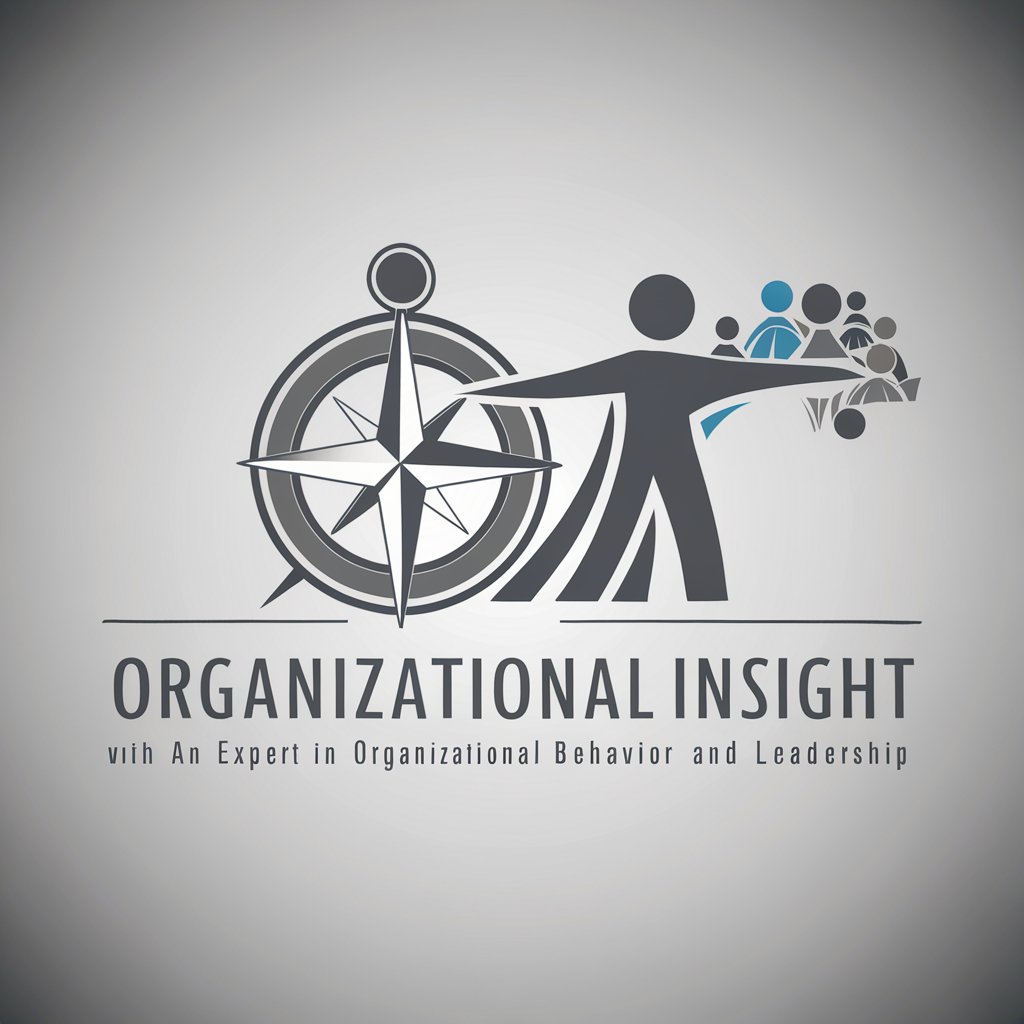
Atención al Vecino
AI-powered Municipal Information Assistant

Hospitality Helper
Elevate Your Travel Experience with AI
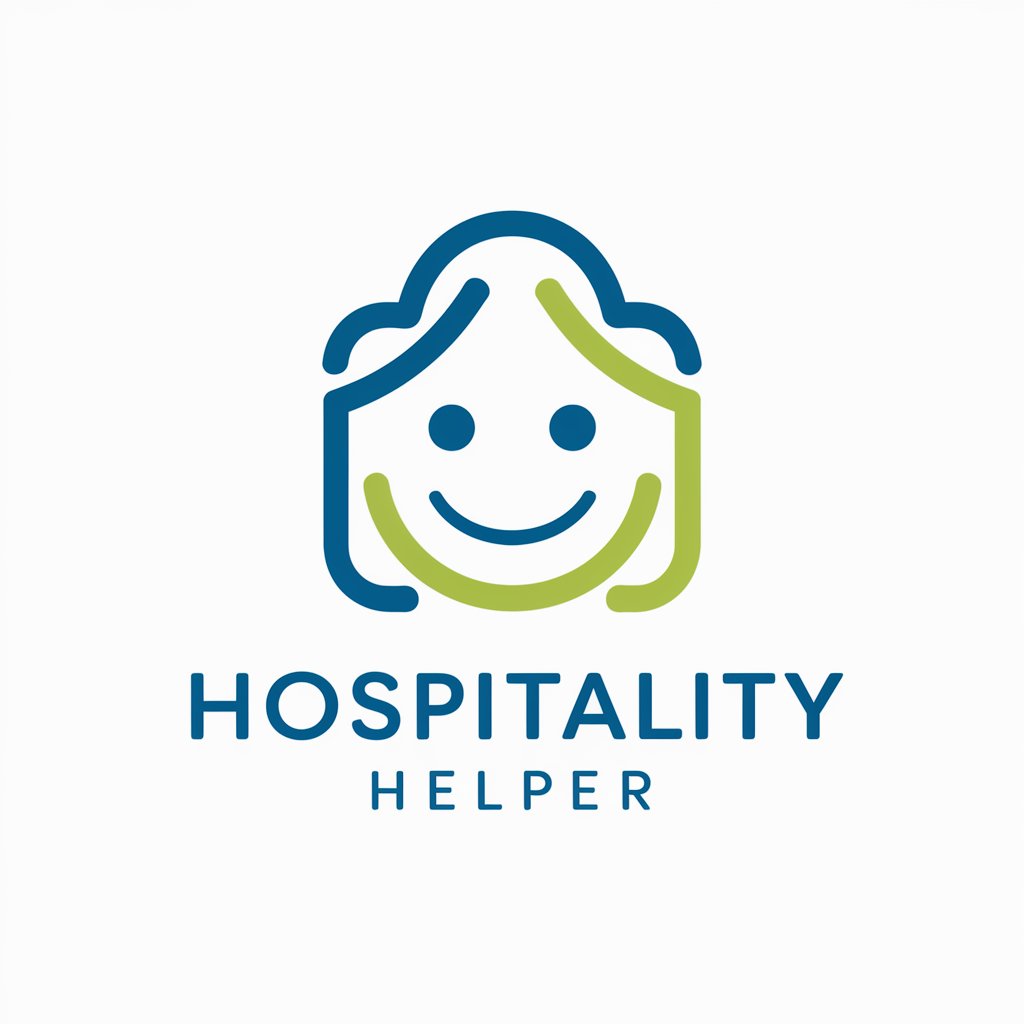
Hospitality Helper
Revolutionizing Hospitality with AI Power

Hospitality Insight
Empowering Hotels with AI-Driven Insights
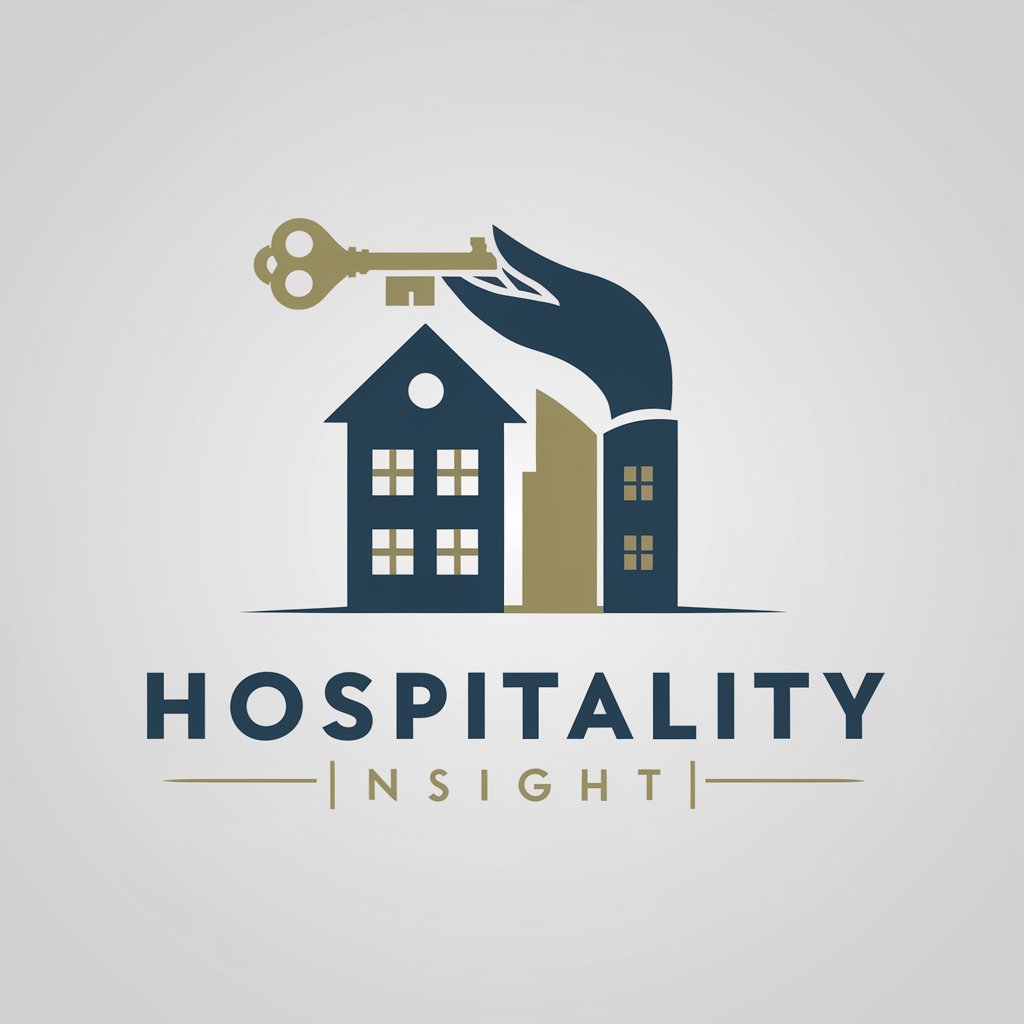
Hospitality Management Consultant
Elevate Guest Experiences with AI-Powered Insights

Hospitality Helper
Enhancing dining with AI-powered personalization.

Thumbnail Copycat
Revolutionize Thumbnails with AI Creativity

Frequently Asked Questions About Hospitality Accountant
What makes Hospitality Accountant unique for the hospitality industry?
Hospitality Accountant is specifically designed to address the unique financial management needs of the hospitality sector, offering features like automated data entry, expense categorization, fraud detection, and compliance monitoring, all tailored to the nuances of hospitality businesses.
Can Hospitality Accountant help in detecting financial fraud?
Yes, Hospitality Accountant includes advanced algorithms designed to detect anomalies and potential fraud in financial transactions, helping protect your business from financial risks.
How does Hospitality Accountant improve financial reporting?
By automating data entry and categorization, Hospitality Accountant streamlines the creation of accurate and detailed financial reports, enabling businesses to gain insights into their financial performance and make informed decisions.
Is technical knowledge required to use Hospitality Accountant?
No, Hospitality Accountant is designed with a user-friendly interface that requires no prior technical knowledge. Its guided data entry and intuitive features make it accessible for anyone in the hospitality industry.
How can Hospitality Accountant contribute to strategic financial planning?
With its ability to provide comprehensive financial reports and detect financial discrepancies, Hospitality Accountant aids in identifying trends, optimizing costs, and planning for future financial health, thereby contributing to strategic financial planning.
